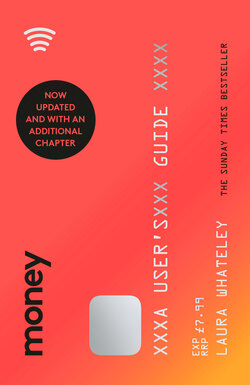Читать книгу Money: A User’s Guide - Laura Whateley - Страница 28
How to improve your credit history
ОглавлениеIf you were going to lend someone several hundred thousand pounds you would want to know a bit about how likely they were to pay you back, based on how well they had paid other people back in the past. You might be equally reluctant to lend to them if you had no evidence of their reliability because they had never borrowed from anyone before. What people do not realize is that although debt is portrayed as something you should generally avoid, having no credit history is as bad as having a faulty one. Banks need something to go on. This can be a problem for young first-time buyers whose only experience of financial products is their bank account and children’s saver they signed up to when they were twelve, or for people moving here from abroad who leave their credit histories behind in another country.
What it is useful to do, ideally at least six months before you apply for a mortgage, is create a wholesome credit portrait of yourself and, if you have no credit history, start borrowing small amounts to build one up. Start by checking your credit record through one or all of the three main credit-reference agencies mentioned above: Equifax, Experian and Callcredit. You can do this free, though be warned that you only get it free by signing up for a free trial period, after which you start to get charged automatically. Many people are caught out by this, so unsubscribe as soon as you have your score. Noddle lets you check your Callcredit score and is ‘free for life’.
I recommend that you check the credit-reference agencies at least six months before you start to apply for a mortgage, so that you have time to sort it out if it’s poor, but it’s worth doing even if you intend to apply for a mortgage next week.
